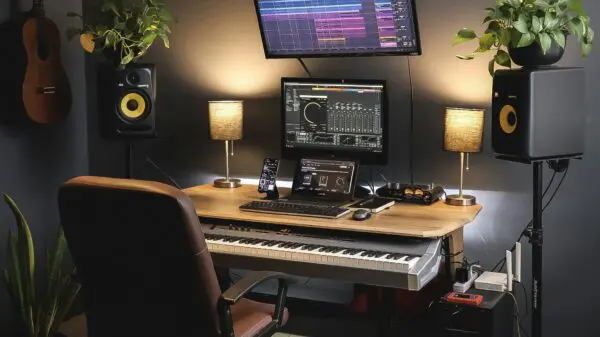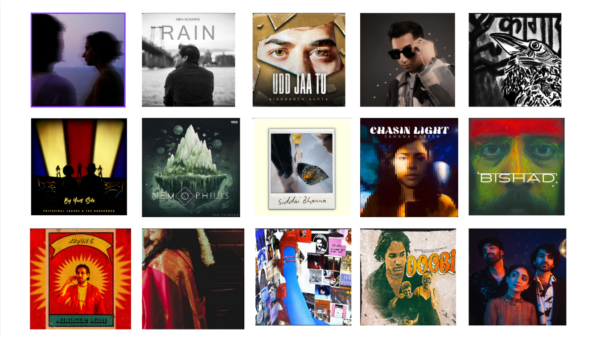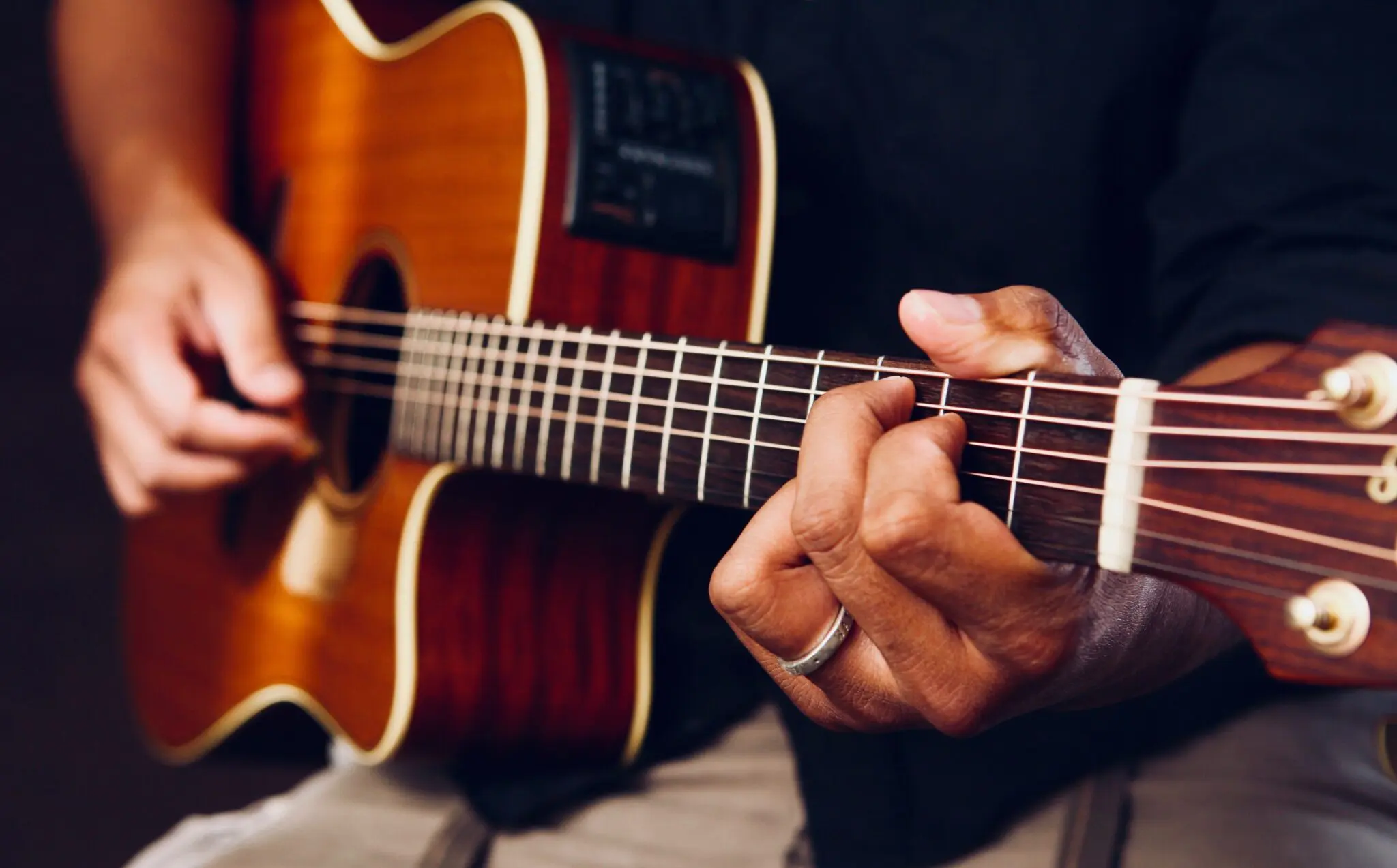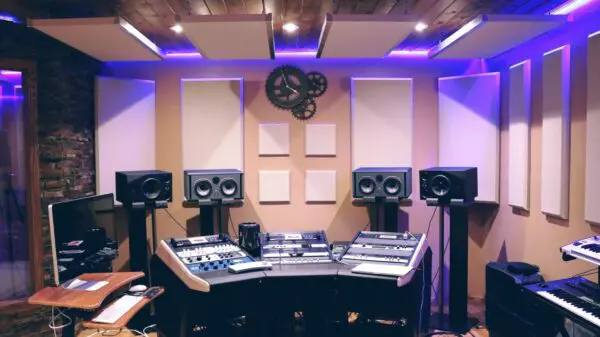While playing an acoustic gig with a single instrument, it may seem challenging to stand out as an artist. Here are seven tips to learn from and implement for a successful solo acoustic gig.
1. Build confidence in your performance abilities
Believing in your music and your ability to deliver a solid performance is fundamental when it comes to putting on a successful solo show. These attitudes influence different parts of your performance, including vocal delivery, diction, comfort on your instrument etc. The right amount of confidence allows you to perform with conviction. There will always be some scope for improvement, but your artistry is unique to you.
2. Talking to the crowd / introducing songs
Each artist has their own way of interacting with the audience in between songs, and there’s no single correct manner. We recommend clearly mentioning the titles of original songs, so that fans can listen to them in the future if they’re out on streaming platforms. People are interested in what your music means to you, so going over what brought you to writing a particular song can spark the interest of your audience.
3. Test gear, carry spares
Test your equipment at home to avoid last minute emergency runs to the music store. Always carry spare pieces of equipment in case something goes wrong with the main one. These may include cables, guitar straps, plectrums, capos etc.
4. Create a setlist
Take the time to plan out the sequence in which you’d like to perform your songs. Consider the difficulty levels of executing each song. Some songs may demand more from your vocals, while others may rely more heavily on how you play your instrument. Take these into note when deciding the order for your songs. Playing multiple songs in the same key or in a similar tempo in a row may be perceived as repetitive. “Mixing it up” is the motto of a good setlist, which keeps the audience’s attention engaged throughout your performance. Once you’ve decided on a setlist, practice it in order and judge whether you’re able to execute your songs well in that sequence. Make changes accordingly if needed.
You don’t have to stick to your setlist rigidly as spontaneous changes may be called for, but the overall structure it provides sets you up for a smooth running gig.
5. Explore variation in how you perform different songs
Use different techniques on your instrument to make songs sound different. On the acoustic guitar, you can set songs apart by switching between strumming, fingerstyle, and percussive playing styles. Make use of key changes, dramatic pauses, solos and whatever you feel would make your songs stand apart.
6. Adjust your performance according to the venue
Your soundcheck is the first opportunity for you and the sound engineer to dial your frequencies according to the venue space. During your actual performance, the amount of covers versus originals in your setlist, the amount you talk to the audience, and the effort needed for delivery are all affected by the conditions of the venue and the audience. You may not have the liberty to talk to the audience as much when playing in a cafe or bar, as you would if you perform as a curated artist for a music event.
7. Practice in a way that recreates performing conditions
Practicing alone in your room is a fair amount different from the environment in which you’ll be performing. Try to recreate the conditions of your performance as much as possible during most practice sessions. Practice singing into a microphone. Play your guitar standing up if you’ll be standing up during your performance. These ensure that you’ll be well accustomed to the way you’d have to perform at a specific venue.




























